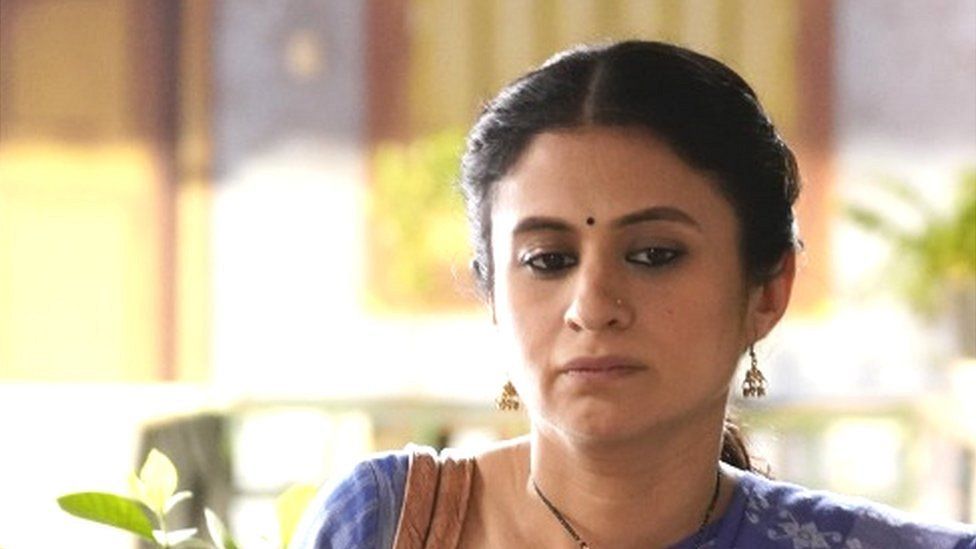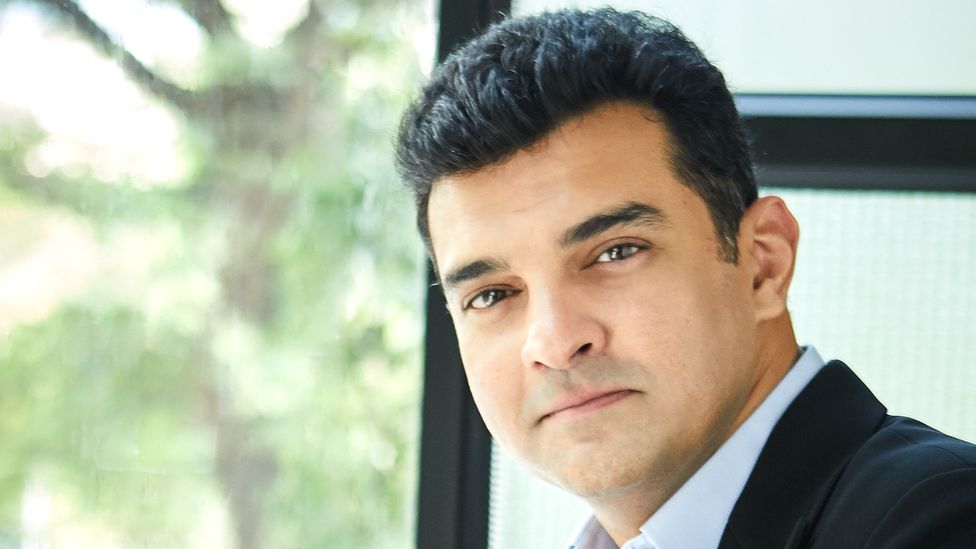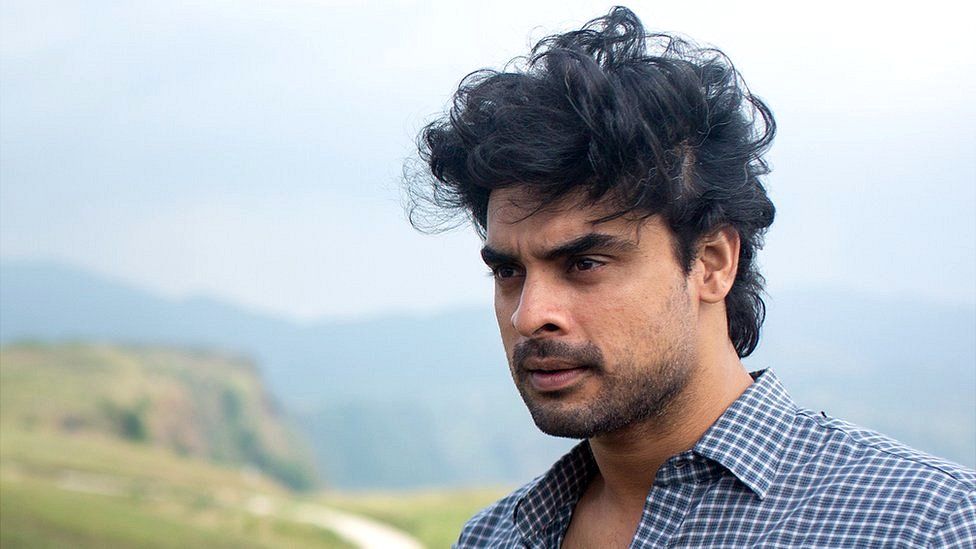Synopsis
Indian actors are on the rise. Rasika Dugal, an award-winning actor, has never had more work or been recognised.

Indian actors are on the rise. Rasika Dugal, an award-winning actor, has never had more work or been recognised.
She will appear in the second season of Netflix’s show Delhi Crime as well as the film Lord Curzon Ki Haveli. She’s also working on an untitled TV show right now.

Rasika Dugal starring in the 2020 movie Lootcase. LOOTCASE/DISNEY + HOTSAR
It wasn’t always like this, though. Her early years in the industry were difficult and frustrating, as they were for many Indian actors. Ms. Dugal worked on a number of films that were never released, and those that were did not do well at the box office.
“While working on those films was a very fulfilling experience as a performer, the films didn’t reach the audience I felt they deserved,” she says.
When it came to distribution, the little films she worked on lacked the marketing expenditures to compete with the large blockbuster pictures, and hence failed to find an audience.
“All the popular and convenient screens and show timings [at cinemas] would already be taken by the bigger film,” Ms Dugal explains.
Everything changed for Kate in 2018, when she starred in Mirzapur, an Amazon Prime Video criminal thriller series. Her portrayal of the deceptive character Beena Tripathi earned her prizes and a slew of offers.
“The coming of steaming platforms has transformed my career. Not only in terms of the quantity of work but also in terms of quality and variety of work,” she explains.
Actors all across the world have had similar experiences. Original drama has been receiving funding from Netflix, Amazon, Apple, and other sources.
According to Ampere Analysis, the worldwide streaming sector spent $220 billion (£168 billion) on content last year, up 14% from the previous year.
Netflix alone spent $405 million (£310 million) in India in 2019 and 2020 to generate original and licenced Indian content.
India today has roughly 30 streaming services, commonly known as Over-the-Top (OTT) platforms, thanks to this unexpected infusion of cash.
And, in a country where hundreds of languages and dialects are spoken, all of that investment means that many more people may be served in their native tongue.
“Last year, Netflix’s 28 Indian original titles were across seven languages, eight formats and 11 genres across films, series, comedy, reality and documentaries,” says Monika Shergill, vice-president content, Netflix India.
“As we’ve had the opportunity to bring a more diverse set of films from different regions of our country, we’ve seen more and more [people] discover and engage with these films.”
“India has a rich storytelling culture and tremendous love for entertainment; we’re just at the beginning of our journey here,” she adds.
According to Ashish Pherwani, an Ernst & Young Media and Entertainment specialist, roughly 40 million of India’s 300 million households utilise streaming services like Netflix.
That means there’s a lot of room for expansion. Mr. Pherwani believes that number will rise to 60 million households in the next years, with a total audience of roughly 200 million.
“We will see both mega platforms and niche genre offerings come into being, and various bundling, packaging and pricing models as well,” he says.
Siddharth Roy Kapur is the founder of Roy Kapur Films, one of India’s largest film production firms.

Siddharth Roy Kapur sees consolidation among the Indian streaming services. ROY KAPUR FILMS
He acknowledges that streaming has ushered in a “golden age” for Indian entertainment, but he also has worries.
As a producer, he explains that making films in the traditional manner might still yield higher financial returns because the production house normally owns the rights to the picture.
However, this is not often the case with content created for streaming platforms, which will pay a one-time price to own the rights.
“If it’s a theatrical release, the returns on investment to the producer are much higher if the movie does well and you own the content,” he says.
Mr Kapur also believes that the streaming industry has grown too quickly, and that some platforms may merge.
“I think there might be some kind of consolidation… the OTT [streaming services] with deep pockets will survive, and in a few years the rest will consolidate.”
Indian actors, on the other hand, are having a blast while it lasts.
One of them is Saqib Saleem, who has recently appeared in a number of TV shows and films. He claims that the range and quality of employment he is receiving has never been better.

Actor Saqib Saleem is enjoying the most exciting phase of his career . NETFLIX
“This is the most exciting phase of my career because of the variety of roles that I am being offered. This wasn’t the case five-six years ago. That was when all you had to do was find a conventional film with a hero.
“I think it’s making the entertainment industry more accessible to viewers irrespective of their culture and geography. It is very exciting to have content creators put their minds to stories that are nothing like formulaic series or films.”
For the latest Business News Follow BOL News on Google News. Read more on Latest Business News on oldsite.bolnews.com
Read More News On
Catch all the Business News, Breaking News Event and Latest News Updates on The BOL News
Download The BOL News App to get the Daily News Update & Follow us on Google News.




